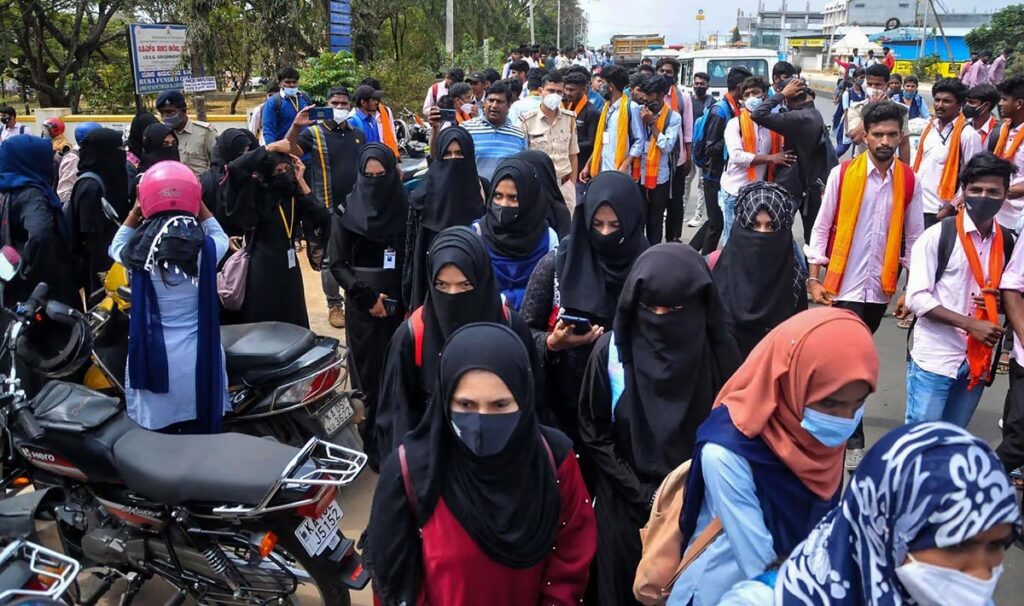Allegations have emerged that Brahmin students appearing for the Common Entrance Test in Shivamogga and Bidar districts were instructed to remove sacred threads and other religious symbols before entering examination centres. The Karnataka government has pledged to investigate the matter and take appropriate action.
The Karnataka Examination Authority had earlier implemented a dress code aimed at preventing exam malpractice, particularly the use of Bluetooth devices for cheating. This dress code prohibited any garments or accessories that cover the head, mouth, or ears, and restricted the wearing of certain types of jewellery. While the guidelines did not explicitly mention religious symbols, their enforcement led to confusion and controversy.
In one incident, a female candidate was reportedly asked to remove her mangalsutra—a necklace traditionally worn by married Hindu women—before entering the exam hall. This action sparked protests from various groups, leading the KEA to revise its guidelines to allow mangalsutras and toe rings, while still restricting other forms of jewellery. The KEA clarified that these measures were part of efforts to curb cheating and were not intended to target any particular religious group.
The issue of religious attire in examination settings has been a contentious topic in Karnataka. Earlier, the state government had permitted students to wear the hijab during competitive exams, provided they arrived early for thorough frisking. This decision faced opposition from certain groups, leading to further debates about the balance between religious freedom and exam integrity.




 Himachal’s Top Bureaucrat Faces Scrutiny Over Holi Lunch Bill
Himachal’s Top Bureaucrat Faces Scrutiny Over Holi Lunch Bill 